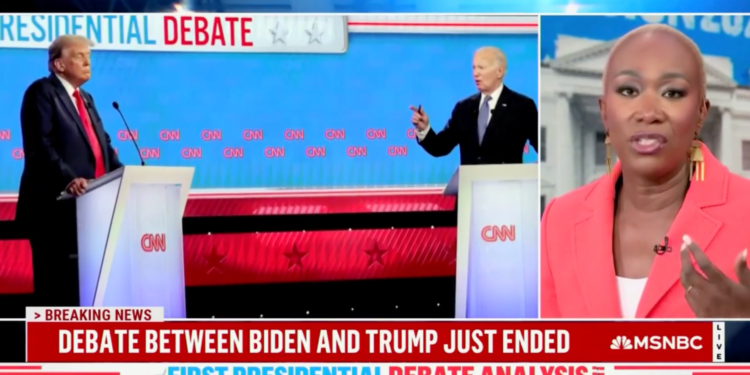LAGOS — Governors from the Southern part of Nigeria, under the aegis of the Southern Governors’ Forum, yesterday called for the consideration of the ability of each state to pay the new minimum wage.
Their call came as the Nigerian Governors’ Forum, NGF, said Wednesday night that it will continue to engage stakeholders to reach a mutually agreeable solution to the new minimum wage crisis.
Although President Bola Tinubu was, in an unusual manner, present at the National Economic Council, NEC meeting often chaired by Vice President Kashim Shettima, said no word about the new minimum wage. The vice president said nothing about it either.
This is even as Organised Labour yesterday raised alarm that both public and private sectors’ workers were becoming restive over delay in concluding the new minimum wage, and were pushing Labour leaders to declare industrial action to quicken the process.
Govs take stand on minimum wage
The governors in a 16-point communique issued yesterday, also advocated that each state be allowed to negotiate the new wage with the labour unions.
“The Forum discussed the minimum wage issues demanded by labour and unanimously agreed that the minimum wage should be reflective of the cost of living and that each state should be allowed to negotiate its minimum wage.
‘’This led to the forum’s discussion on fiscal federalism and devolution of powers,” the communique read.
Rising from a meeting of the Nigerian Governors’ Forum, NGF, in Abuja in the early hours of yesterday, governors of the 36 states of the federation promised to remain dedicated to the process and assured that better wages would result from the ongoing negotiations.
At the meeting were governors of Oyo, Zamfara, Anambra, Delta, Gombe, Kano, Imo, Kwara, Ondo, Kaduna, Kebbi, Ebonyi, Sokoto, Ogun States, among others
Deputy governors of Akwa Ibom, Osun, Borno States, and others were also at the meeting.
In a communique signed at the end of the meeting by NGF chairman and governor of Kwara State, AbdulRahman AbdulRazaq, the governors said: “The Forum discussed the new national minimum wage.
“The governors agreed to continue engaging with key stakeholders to reach a mutually agreeable solution. We remain dedicated to the process and assure that better wages will result from the ongoing negotiations.”
Recall that President Bola Tinubu had in January, set up a tripartite committee to negotiate a new minimum wage for workers.
The committee comprises the organised labour, representatives of federal and state governments as well as the Organised Private Sector, OPS.
However, the committee members failed to reach an agreement on a new realistic minimum wage for workers, forcing labour to declare an indefinite industrial action on Monday, June 3, 2024.
Businesses were paralysed as labour shut down airports, hospitals, the national grid, banks, National Assembly, and state assemblies’ complexes.
The labour unions had said the current minimum wage of N30,000 can no longer cater for the well-being of an average Nigerian worker, asking government to offer workers something economically realistic in tandem with current inflationary pressures, attendant effects of the twin policies of petrol subsidy removal and unification of the forex windows of the current administration.
Labour eventually relaxed its strike on June 4, 2024, following assurances from the President that he is committed to a living wage above N60,000.
Both the Trade Union Congress, TUC, and Nigeria Labour Congress, NLC, leaderships subsequently resumed talks with representatives of the Federal Government, states, and the Organised Private Sector.
On Friday, June 7, 2024, the two sides (labour and the government) still failed to reach an agreement.
While labour dropped its demand from N494,000 to N250,000, the government added N2,000 to its initial N60,000 offer, making it N62,000.
Also recall that both sides had submitted their reports to the President who was expected to make a decision and send an executive bill to the National Assembly for a new minimum wage to be passed into law for his assent.
In his Democracy Day speech on June 12, 2024, President Tinubu assured Labour that an executive bill on the new national minimum wage would soon be sent to the National Assembly for passage.
The President, who was expected to decide on the N62,000 proposal of the government and private sector side; and the N250,000 demand from Labour, also said this week that he would carry out a wider consultation on the matter.
‘Workers getting restive’
Meanwhile, indications have emerged that both public and private sector workers are becoming restive over the delay in concluding the new minimum wage, and are mounting pressure on labour leaders to declare industrial action to quicken the process.
According to sources, the workers are complaining that all the promises of palliatives by government to cushion the effects of fuel subsidy removal are not forthcoming, with the suffering caused by removal of fuel subsidies becoming unbearable.
One of the labour leaders in the public sector unions, who spoke to Vanguard, said: “The public sector workers, otherwise known as the civil servants, have been lamenting the hardship and suffering they have been passing through.
“Their major complaints are that while the minimum wage has been protracted and prolonged, the suffering and the hardship brought about by government polices, especially the removal of subsidy, has worsened their conditions of living.
“They noted that the palliatives promised by the government are not forthcoming and that many of the state governors are not paying palliatives. Even the federal government has not been consistent in its payment.
“Some of the governors said they are waiting for the minimum wage. It has been double jeopardy for us as workers because while the palliatives are not coming, the new minimum wage is also in limbo. However the hardship has become unbearable as the costs of basic necessities are no longer affordable.

